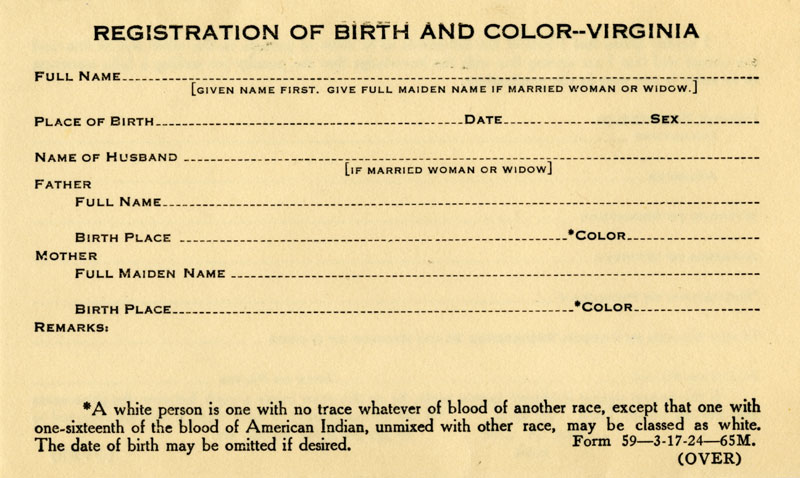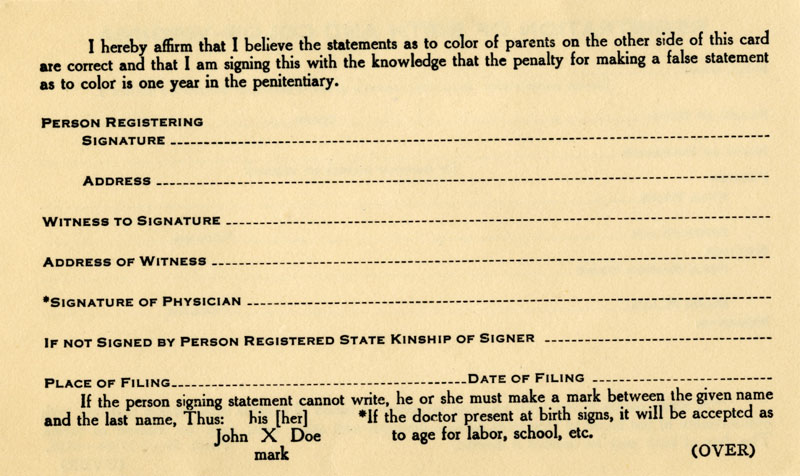Obama Leaves Office on High Note, But Public Has Mixed Views of AccomplishmentsPosted in Barack Obama, Media Archive, Politics/Public Policy, Reports, United States on 2016-12-16 15:38Z by Steven |
Obama Leaves Office on High Note, But Public Has Mixed Views of Accomplishments
Pew Research Center
2016-12-14
72% have favorable opinion of Michelle Obama
With just a few weeks left in Barack Obama’s presidency, Americans’ early judgments of his place in history are more positive than negative. Obama is poised to leave office on a high note: Current assessments of both the president and the first lady are among the most favorable since they arrived in the White House.
At the same time, many express skepticism about whether Obama has been able to make progress on the major problems facing the nation, and whether his accomplishments will outweigh his failures. Democrats and Republicans have distinctly different views on Obama’s legacy, and these partisan divides are greater today than they have been for other recent presidents.
And when asked in an open-ended question what Obama will be most remembered for, more cite the Affordable Care Act – which faces an uncertain future in the Republican-controlled Congress – than anything else…
…In the public’s view, Obama will be remembered more for the Affordable Care Act than other aspects of his presidency — including his election as the nation’s first black president. When asked what Obama will be most remembered for, 35% volunteer the 2010 health care law (or mention health care more generally) while 17% say it will be Obama’s election as the first black president.
Notably, mentions of Obama’s domestic policies, including health care and the economy, account for nearly half (49%) of all responses. By comparison, only 9% point to foreign policy, including just 2% who specifically mention the killing of Osama bin Laden and just 1% who cite U.S. military action against ISIS…



